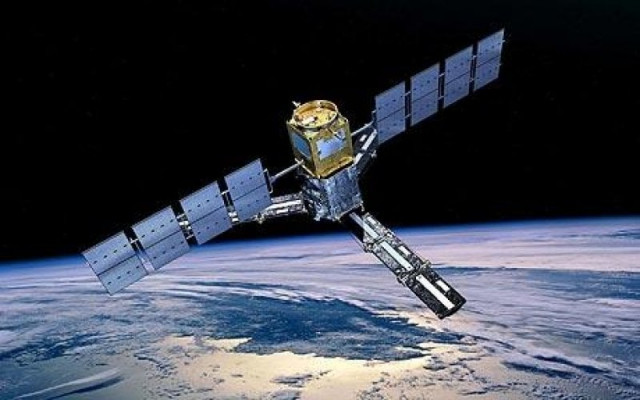UK to use satellite technology to help tackle climate change
Measurements from satellites on rising sea levels, greenhouse gases, and shrinking glaciers and forests will help

In a sweeping cabinet reshuffle last week, PM Imran has given Fawad the portfolio of science and technology. PHOTO: AFP/ FILE
The Center for Satellite Data in Environmental Science (SENSE), is a virtual academic collaboration and is being established with funding from the Natural Environment Research Council and the UK Space Agency.
It involves the University of Edinburgh and the University of Leeds and will use cutting-edge satellite technology to help combat climate change, including helping lower the risk of people being affected by flooding.
Low-cost Moon mission puts India among lunar pioneers
The data center will bring together 50 of the UK's brightest and best Ph.D. researchers to help solve climate change, according to the government.
Measurements from satellites on rising sea levels, greenhouse gases, and shrinking glaciers and forests will help provide policymakers, government and industry with the data and knowledge they need to better understand the impact of climate change and make future predictions, the government said.
NASA's probe soaring near sun reveals surprises about solar wind
"This new satellite data center will give us instant images showing us the true impact of climate change and in doing so, help us develop innovative new ways of tackling it," said Business Secretary Andrea Leadsom in a statement.
Earth observation experts from the University of Edinburgh and the University of Leeds will work with 18 businesses on pioneering work to monitor the impact of climate change


















COMMENTS
Comments are moderated and generally will be posted if they are on-topic and not abusive.
For more information, please see our Comments FAQ